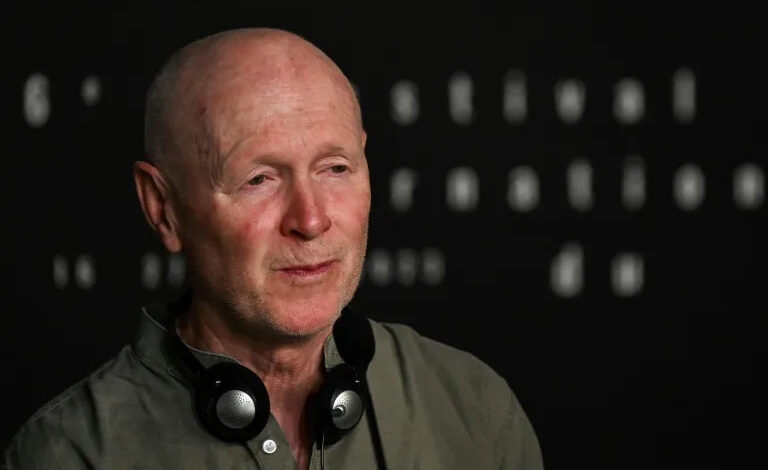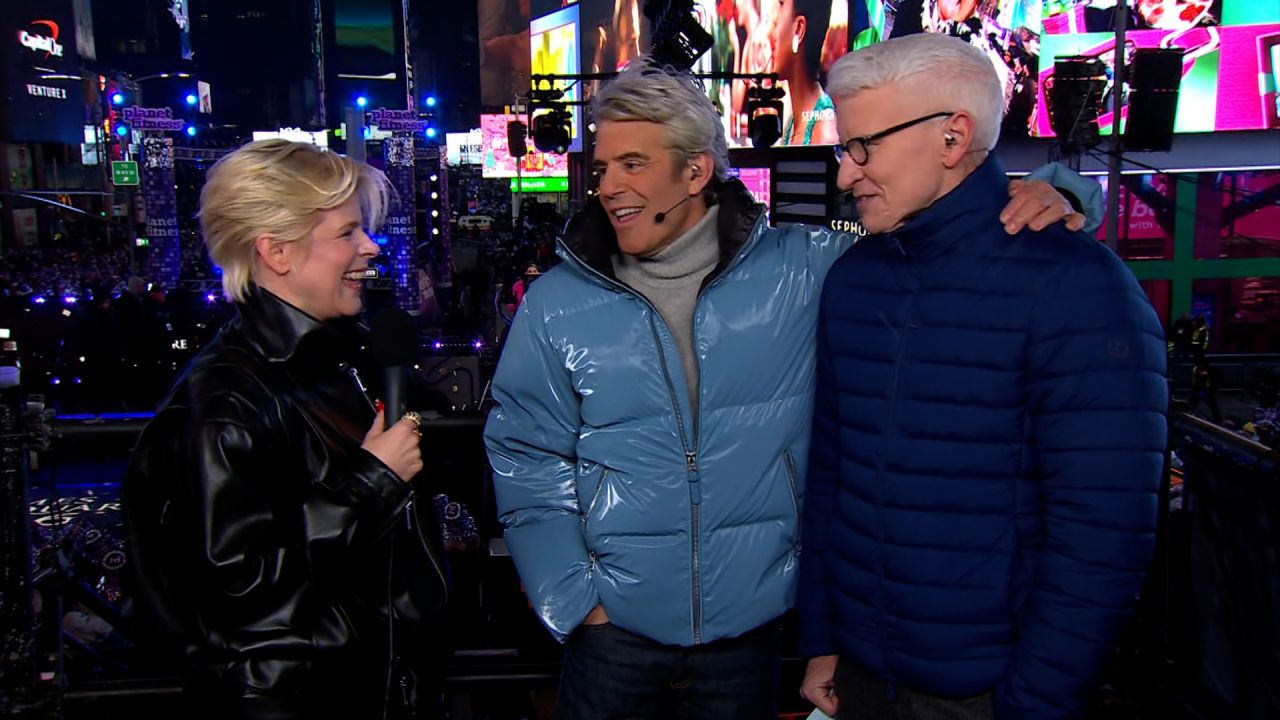UK Screenwriter Paul Laverty Arrested at Pro-Palestine Protest

Screenwriter Paul Laverty, renowned for his work with director Ken Loach, was arrested on August 25, 2025, during a pro-Palestine protest in Edinburgh. Police Scotland confirmed that a 68-year-old man was detained under the Terrorism Act 2000 for expressing support for a banned organization. Laverty’s arrest highlights the ongoing tensions surrounding protests related to the Israeli-Palestinian conflict.
The incident occurred outside St Leonards Police Station, where Laverty was participating in a demonstration. According to Police Scotland, Laverty was specifically accused of showing support for Palestine Action, a group that has been classified as a terrorist organization by UK authorities since July 2025. The classification followed a series of vandalism incidents at a Royal Air Force base attributed to the group.
Witnesses reported that Laverty wore a T-shirt emblazoned with the slogan, “Genocide in Palestine, time to take action,” which further fueled the police’s decision to arrest him. The National, a Scottish newspaper, was among the first to report on the incident, drawing attention to the broader implications of Laverty’s activism.
Since the proscription of Palestine Action, more than 700 individuals have been arrested across the UK for supporting the group. This figure underscores the significant law enforcement response to demonstrations that have occurred in the wake of the organization’s ban.
Laverty is best known for his impactful screenplays, including “I, Daniel Blake” (2016) and “The Wind That Shakes the Barley” (2006), both of which received the prestigious Palme d’Or at the Cannes Film Festival. His films often tackle social justice issues, making his involvement in the protest particularly resonant with his body of work.
The arrest has sparked reactions from various quarters, with supporters of Laverty expressing concerns over freedom of expression and the right to protest in the UK. The situation reflects a growing divide in public opinion regarding the ongoing conflict in the Middle East, as well as the government’s approach to activism and dissent.
As the story develops, the implications of Laverty’s arrest may extend beyond the individual case, raising questions about the intersection of art, activism, and law in contemporary society.






